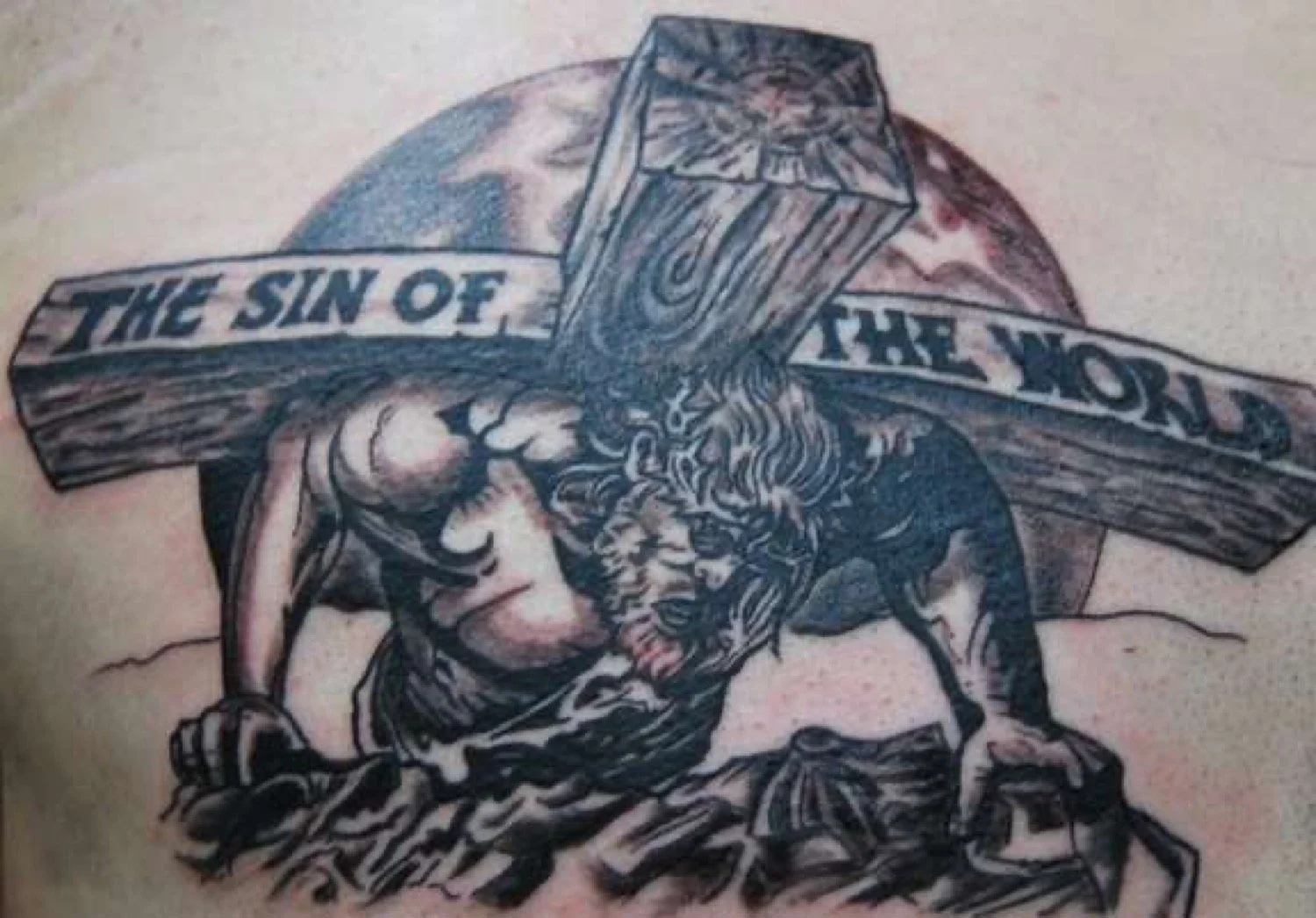Readings for today: Daniel 3-4, 1 John 3
As I said yesterday, I love the book of Daniel. I think it’s an important book for us to read in this particular cultural moment here in America. Our culture is rapidly cutting ties with it’s Judeo-Christian heritage. This has created a moral vacuum that all kinds of secular, humanist theories have rushed in to fill. Formerly shared understandings about gender, sexuality, marriage, and family are all being upended or cast aside. Even professions like medicine, law, accounting, and science are now viewed as fluid and mutable for lack of a common moral framework. And while some important good has emerged like a deeper awareness of systemic injustice especially as it relates to economics and ethnicity, we no longer seem to have the moral resources to find a solution. Every proposal is viewed with deep suspicion because it comes embedded within power structures that are by definition corrupt. The result is chaos. Riots. Violent protests. Anarchy. So what’s a Christian to do? How should a Christian respond? What does it look like to live in a thoroughly pagan world where “might makes right” and those in power will go to any lengths to stay in power?
Shadrach, Meshach, and Abednego faced similar challenges. They served at the whim of a megalomaniacal emperor who demanded the worship of his people. Nebuchadnezzar is one of history’s greatest tyrants. He was initially pagan to the core. Believed himself to be a god. He had a statue of himself built of gold that was 90 feet high. He set it up in a broad plain where everyone could see it. He had scores of musicians ready to call people to worship. At the sound of their instruments, everyone was instructed to fall on their faces before the idol. Those who refused would be burned alive. So how did the three men respond?
First and foremost, they kept faith. They refused to break the First and Second Commandments. They refused to offer any god but Yahweh their devotion and worship. They would not bow down to any graven image or idol. Second, they humbly accepted the consequences of their choices. When Nebuchadnezzar confronts them and threatens them with death, their response is telling…“If this be so, our God whom we serve is able to deliver us from the burning fiery furnace, and he will deliver us out of your hand, O king. But if not, be it known to you, O king, that we will not serve your gods or worship the golden image that you have set up.” (Daniel 3:17-18) They feel no need to fight back. No need to resist. No need to even object. They fully trust God. They place their lives in His hands. Third, they apparently take no credit for the miracle that takes place. When Nebuchadnezzar sees the fourth figure in the furnace and observes that Shadrach, Meshach, and Abednego are not harmed by the flames, he asks them to come out of the furnace. We don’t know what they actually said to Nebuchadnezzar but the king’s own words surely communicate what he must have heard, “Blessed be the God of Shadrach, Meshach, and Abednego, who has sent his angel and delivered his servants, who trusted in him, and set aside the king’s command, and yielded up their bodies rather than serve and worship any god except their own God. Therefore I make a decree: Any people, nation, or language that speaks anything against the God of Shadrach, Meshach, and Abednego shall be torn limb from limb, and their houses laid in ruins, for there is no other god who is able to rescue in this way.” Then the king promoted Shadrach, Meshach, and Abednego in the province of Babylon.” (Daniel 3:28-30)
What a courageous example for us to follow! When faced with the challenges of our current cultural moment, we must resist the temptation to break faith. We too must stand strong in the Lord, trusting Him with our lives. We must accept that keeping faith will result in very real consequences. We may lose jobs or livelihoods. We may lose opportunities or be unjustly treated. We may be personally attacked or denied certain rights. Who knows? Maybe we’ll even eventually face prison for the crime of belief as many of our brothers and sisters do around the world. Rather than compromise or run or even resist, we must embrace the cost of discipleship. We must place our lives in God’s hands and trust Him for provision and protection, whether in this life or the next.
A few years back, a great worship tune came out called, “Another in the Fire.” I encourage you to give it a listen as you prayerfully reflect on today’s reading.
https://m.youtube.com/watch?v=zmNc0L7Ac5c
Readings for tomorrow: Daniel 5-6, 1 John 4




